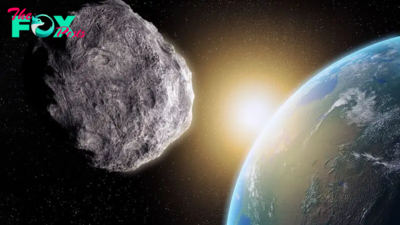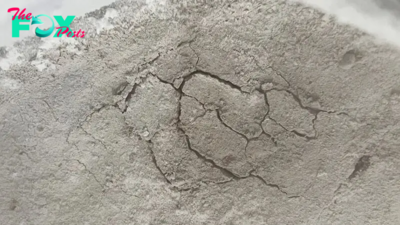Science
How fast does evolution happen?
When Charles Darwin developed his theory of evolution in the mid-19th century, he figured this fundamental process took place very slowly over geological timescales, taking millions of years.
But is this correct, or can evolution happen more quickly? How fast can evolution work?
First, let's define evolution, which is the process by which a species' genes or physical appearance changes gradually over time. The driving force is natural selection, in which individuals with more beneficial traits survive and reproduce, sending those traits to the next generation. Over many generations, this is known as adaptive evolution.
Combined, natural selection and adaptive evolution allow a "species to track changes in its environment," said Timothée Bonnet, an evolutionary biologist at the French National Center for Scientific Research and La Rochelle University.
In the famous example of Darwin's finches on the Galápagos Islands, different species evolved different beak shapes and sizes within a few decades to specialize in feeding on different types of nuts and insects. This finding made waves following the publication of the Pulitzer Prize-winning book, "The Beak of the Finch: A Story of Evolution in Our Time" (Knopf, 1994).
Related: Which animals are most likely to survive climate change?
Then, there's a third component: speciation. This is when one species branches off into two distinct species over time. Bonnet said this happens much more slowly than adaptive evolution.
-

 Science12h ago
Science12h agoWhich animals are evolving fastest?
-

 Science13h ago
Science13h agoScientists finally know why ultraviolent superstorms flare up on Uranus and Neptune
-
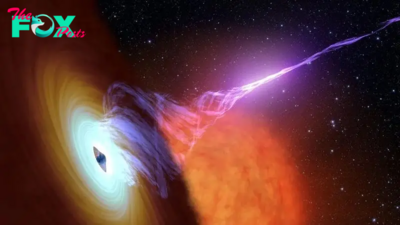
 Science13h ago
Science13h agoMonster black hole is starving its host galaxy to death, James Webb telescope reveals
-

 Science18h ago
Science18h ago'Completely unexpected': New type of wood discovered by scientists dubbed 'midwood'
-

 Science1d ago
Science1d agoFall equinox 2024: When it is, why it happens and what to look for
-
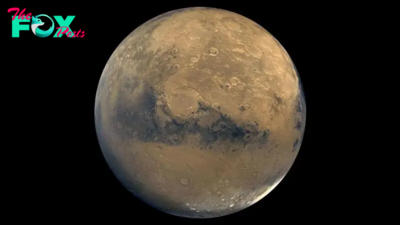
 Science1d ago
Science1d agoA long-lost moon could explain Mars' weird shape and extreme terrain
-

 Science1d ago
Science1d agoPolaris Dawn Sets New Space Altitude Record—and There’s More to Come
-
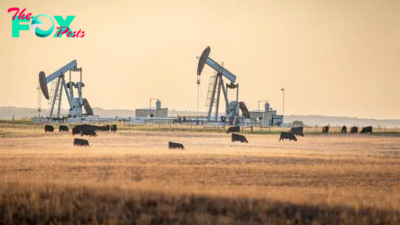
 Science1d ago
Science1d agoGreenhouse gas 80 times more potent than CO2 is rising in the atmosphere — and fast




